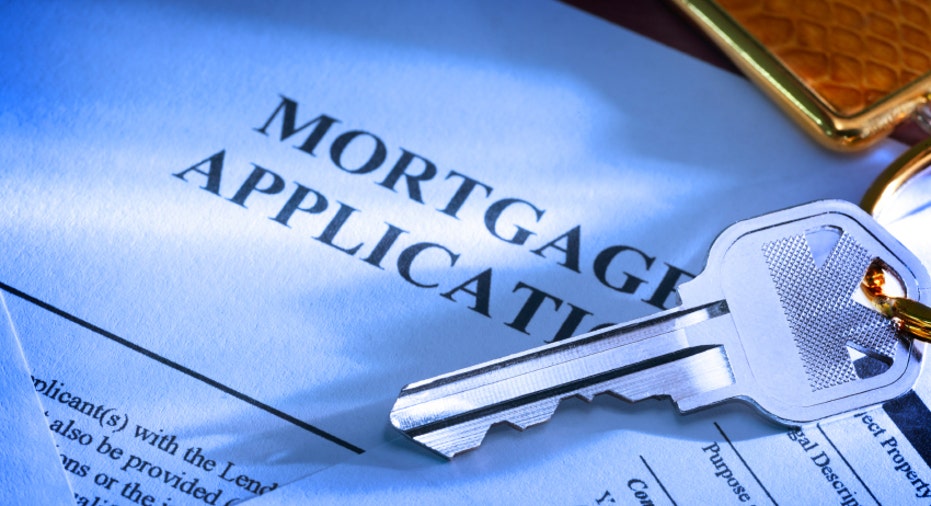Want a Jumbo Home? You Need a Jumbo Mortgage

Looking to buy a larger, luxurious abode? A jumbo mortgage may be right for you.
What is a Jumbo Mortgage?
A jumbo mortgage is a home loan with an amount that exceeds conforming loan limits imposed by Fannie Mae and Freddie Mac, the two government-sponsored enterprises that buy mortgages from lenders. The limit is $417,000 in most parts of the United States, but is $625,500 in the highest-cost areas and in-between in others.
"There are roughly 3,300 counties in the United States, and out of those, approximately 100 (counties) are eligible for the high-cost limit of $625,500," says David Adamo, CEO of Stamford, Conn.-based Luxury Mortgage.
In another 92 counties, loan limits are greater than $417,000 and less than $625,500.
Jumbo Mortgages, Jumbo Homes
What types of homes do jumbo borrowers have?
"Larger, single-family homes," says Mary Beth Rapice, real estate attorney for Pullman and Comley in Bridgeport, Conn. For example, she says certain communities in Connecticut, such as Westport and Greenwich, have had condominiums that cost more than $600,000.
In South Florida, borrowers who seek jumbo mortgages are generally looking for high-end homes ranging from $750,000 to $10 million, says Jim Angleton, president of Aegis FinServ Corp., a corporation specializing in bank consultancy, commercial portfolio lending and debt resolution.
"Our typical jumbo loan is about $2.5 million and higher, and so the typical borrower is either going to be a corporation or is going to be the president, CEO or a high executive of a company," he says.
After the housing crash and credit crisis in 2008, getting a jumbo mortgage became a challenge -- but that has changed. The availability of jumbo mortgages has increased, and jumbo loans have become more affordable.
However, issues can still arise. For any type of borrower, the fear of a problem appraisal exists.
"One problem is whether the property appraises out … to support the mortgage that the borrower wants to get or support the purchase price for the property," Rapice says. "That is a problem that we have across the board."
Qualifying for a Jumbo Mortgage
While the underwriting process for jumbo mortgages is similar to that of a conforming mortgage, the requirements differ.
"There is no (private mortgage insurance) with a jumbo mortgage, so the down payments are larger and, usually, the credit score can be no lower than 700," Rapice says. "If you are going to apply for a larger mortgage amount, of course you're going to have to be able to show the income and the assets in order to pay that."
The maximum debt-to-income ratio for jumbo loan borrowers is 45%. Additionally, jumbo borrowers need at least six months' worth of reserves in their bank accounts after closing, while conforming loan borrowers may be required to only have one or two months' worth of mortgage payments set aside. The required reserve amount for jumbo borrowers can sometimes be 20% of the loan, Adamo says.
Borrowers may have to fork over a huge chunk of change, but there are perks to a jumbo mortgage. For example, jumbo loan rates have reached historic lows, and interest on loans up to $1 million is tax-deductible.
"Jumbo borrowers today are getting the best rates in the history of our country," Adamo says.



















